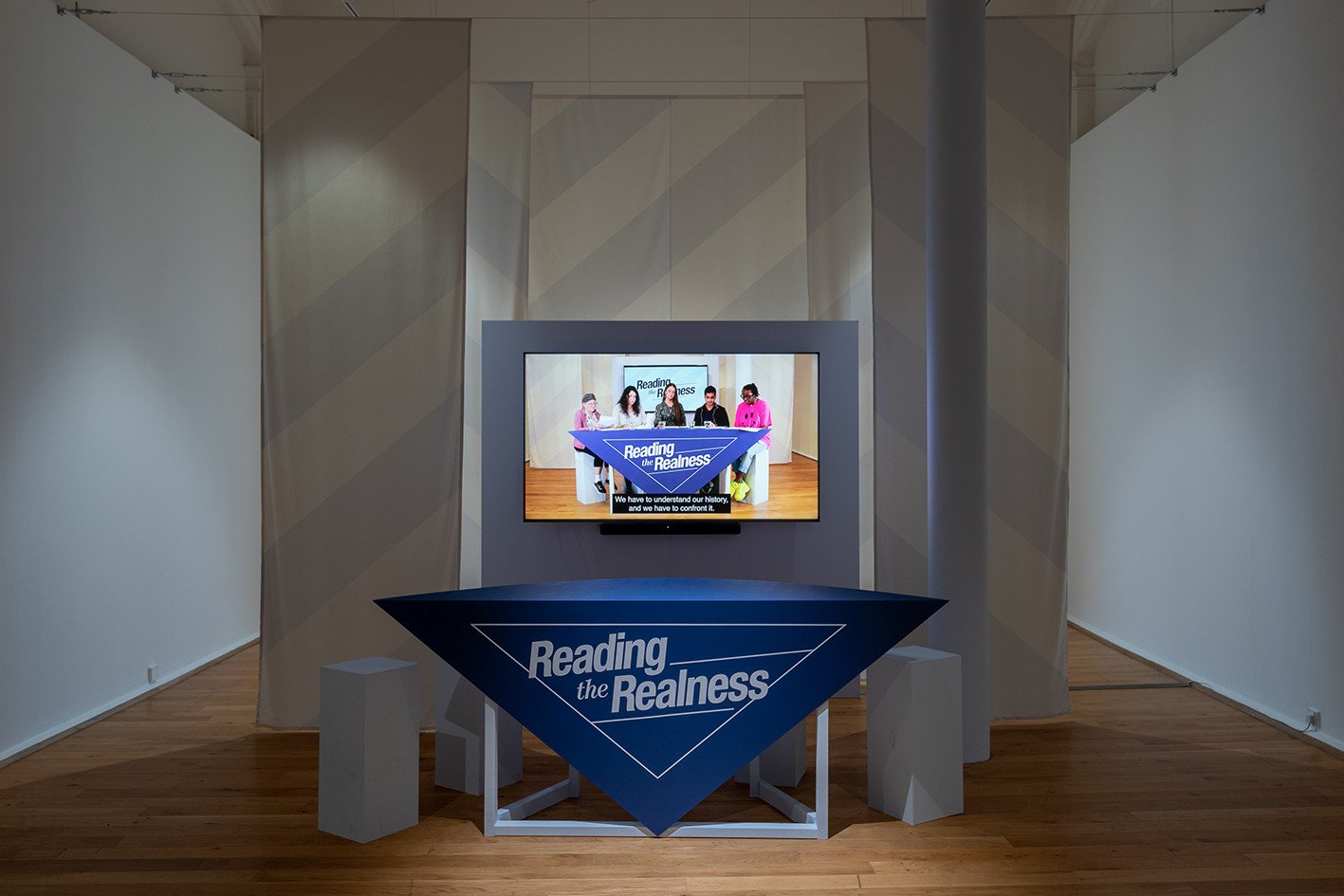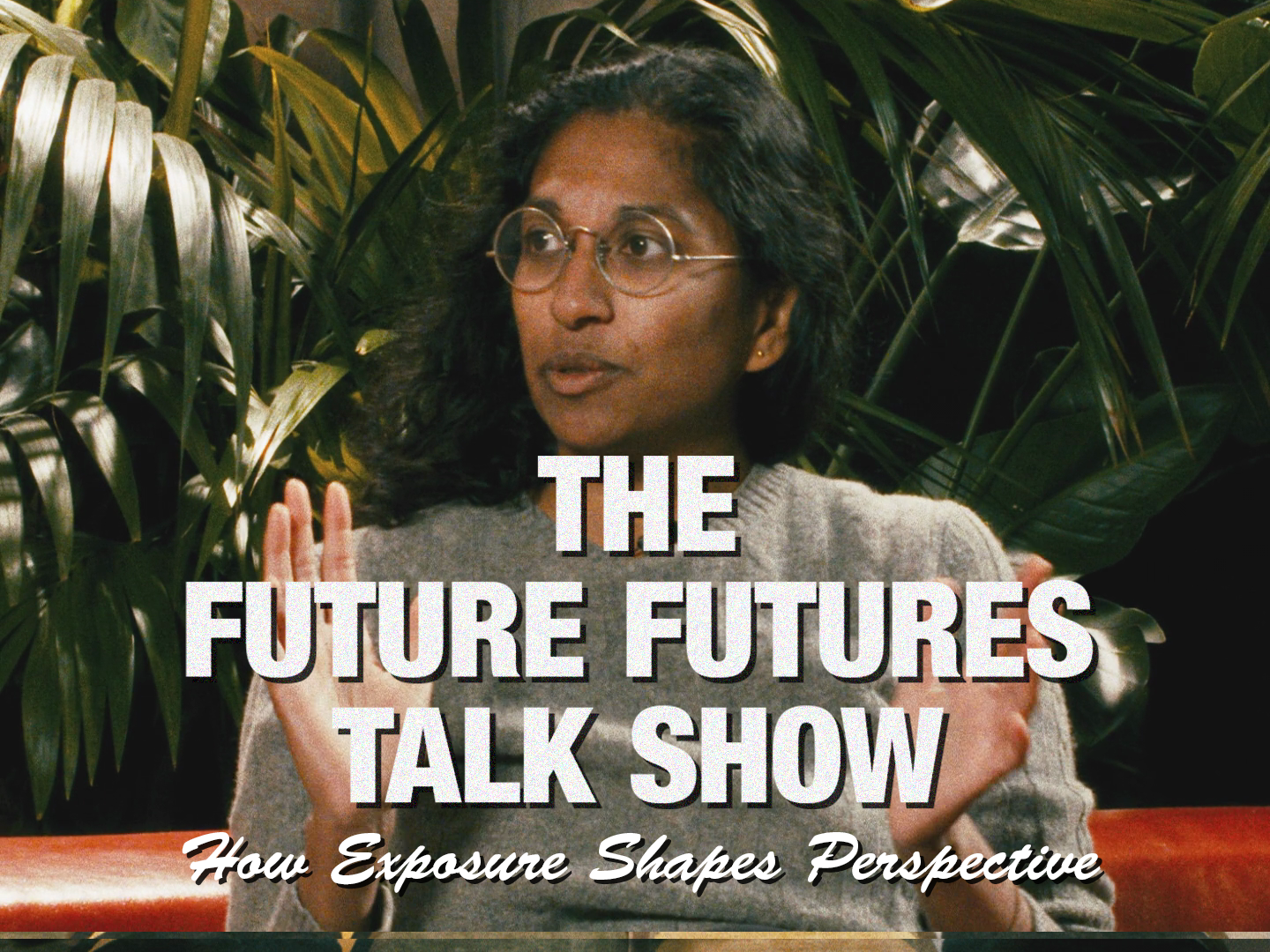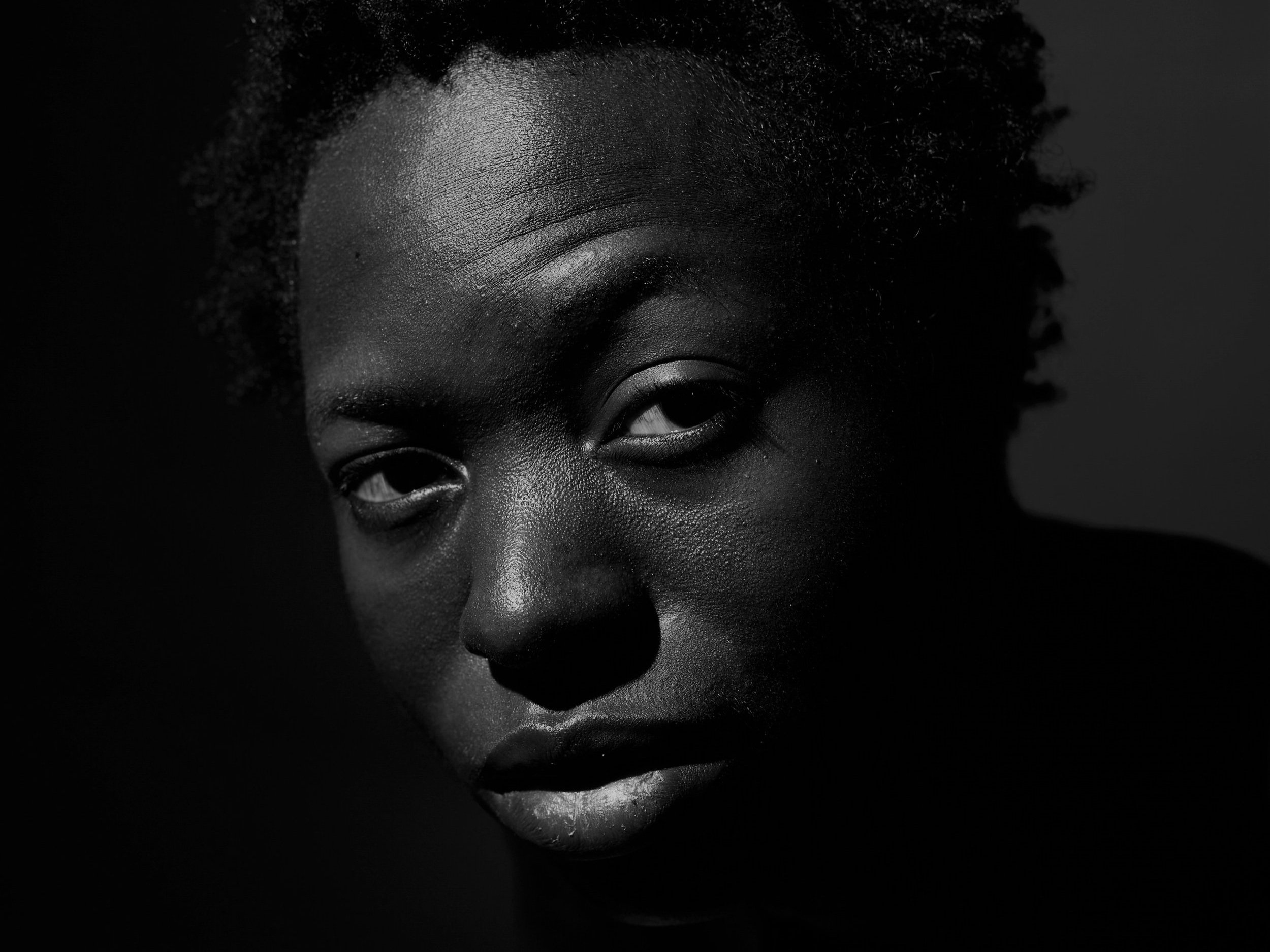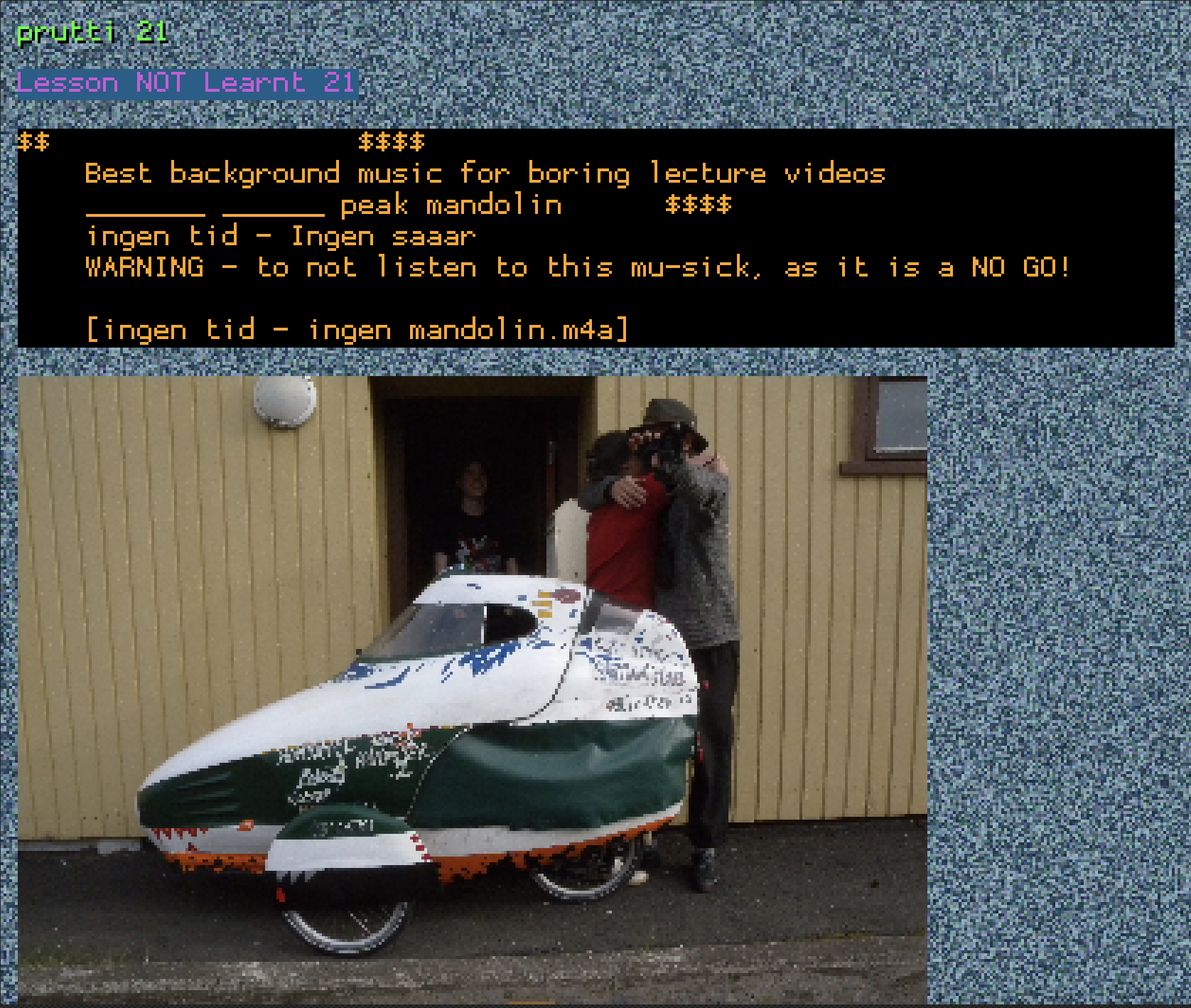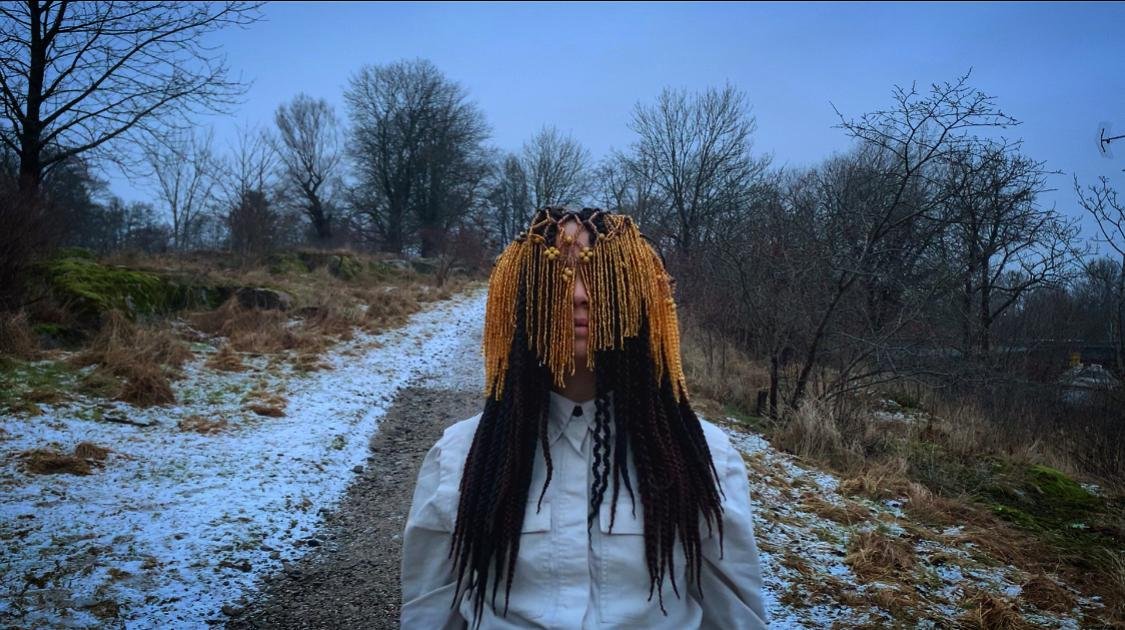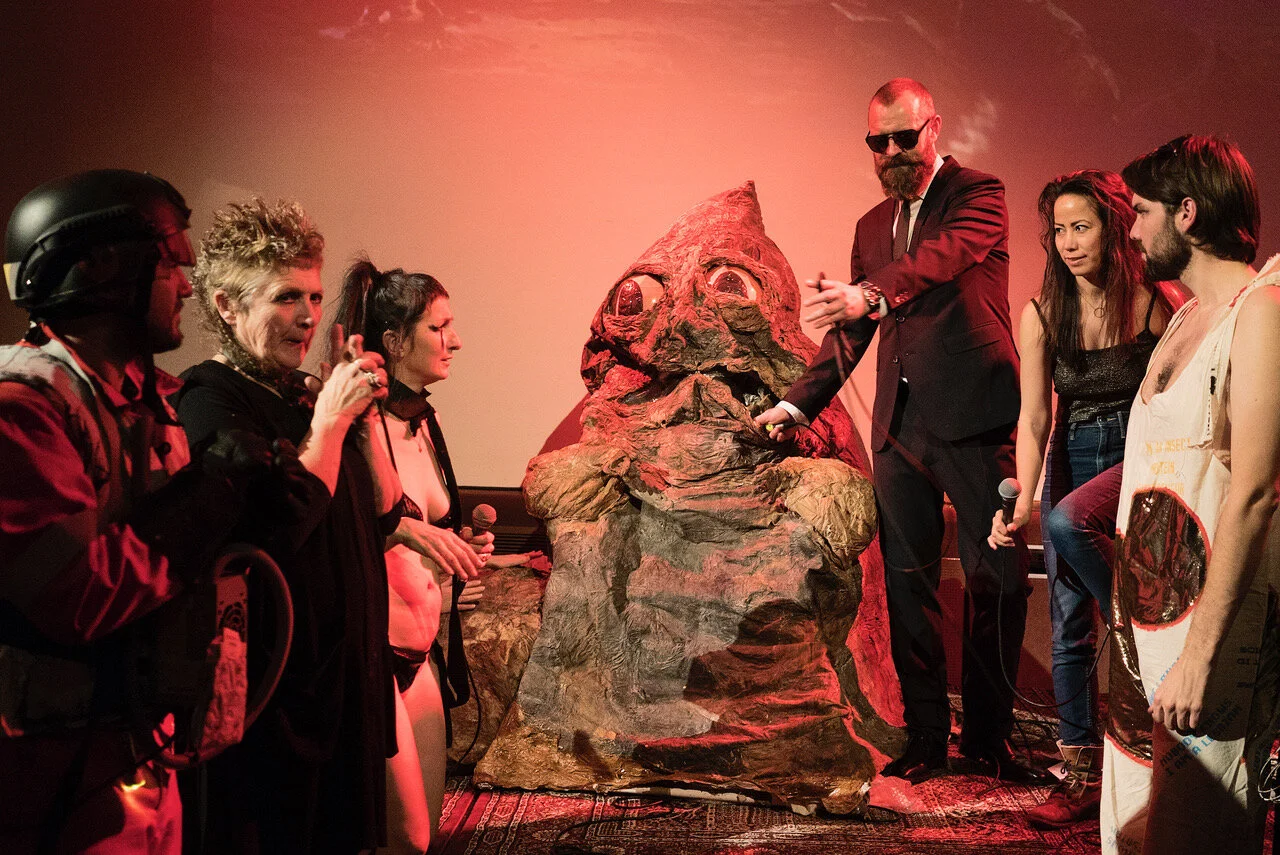What’s for real? – Talk by Harold Offeh
British artist Harold Offeh will discuss his research into notions of authenticity and self-representation including his project "The Real Thing," through which he investigates narrative techniques in commercial contexts and the marketing of authenticity.

